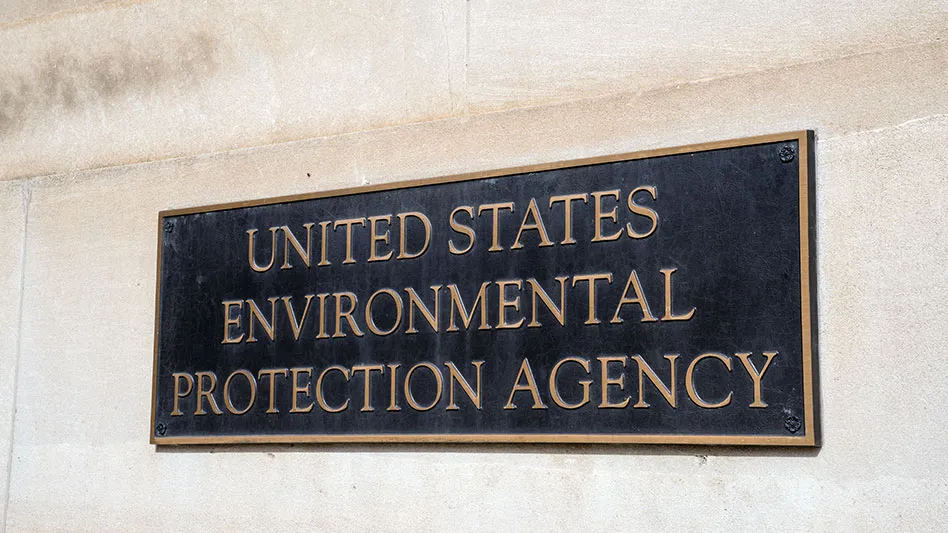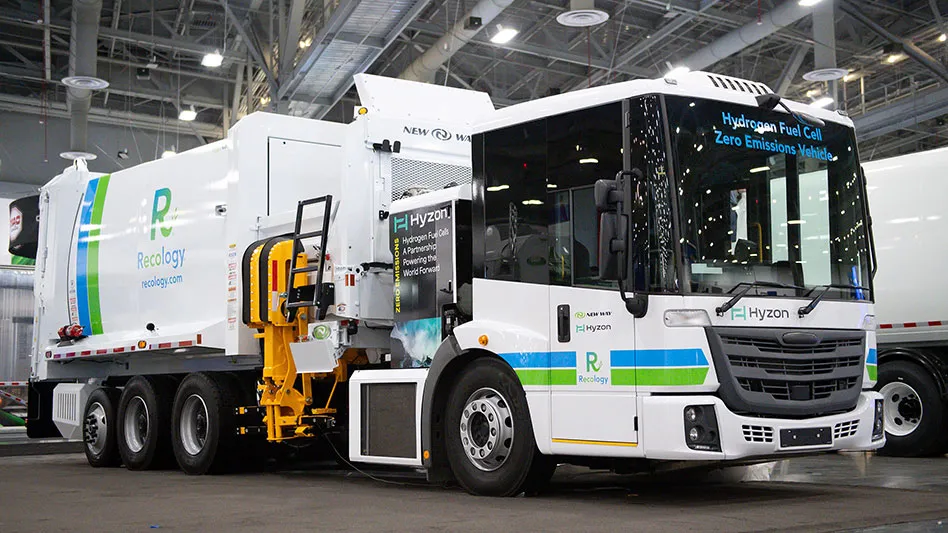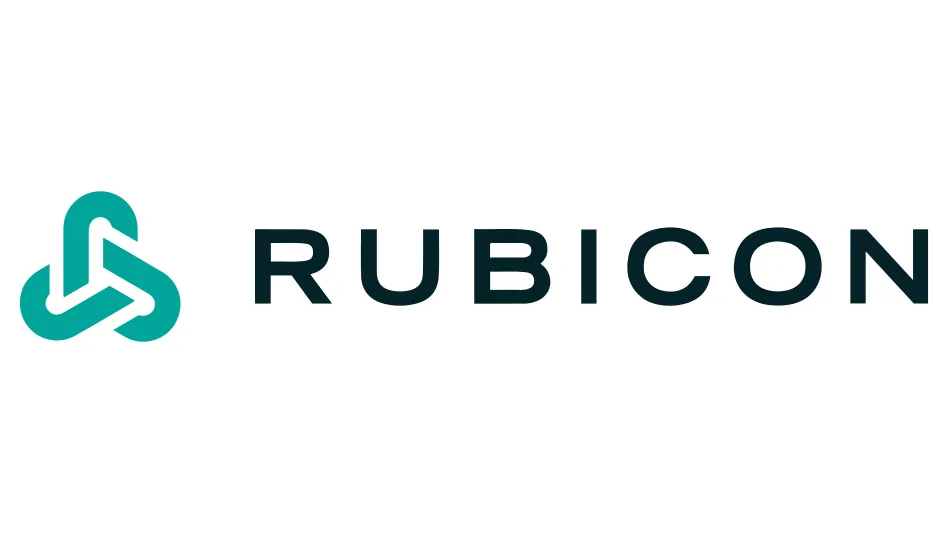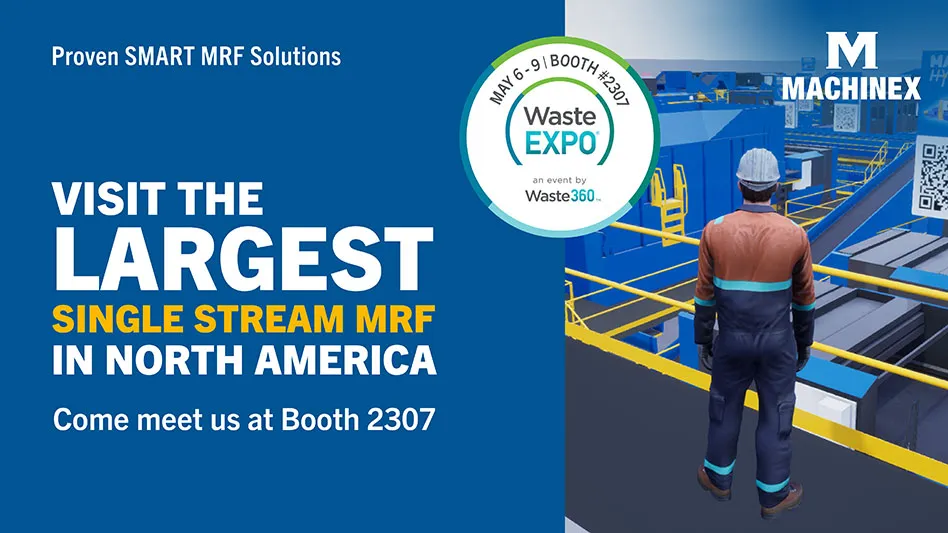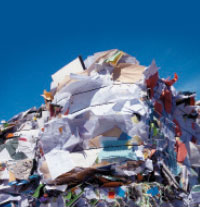 Companies holding places on Recycling Today’s 2013 20 Largest Paperstock Dealers list trace their roots to different origins. Some started in solid waste, some in paper manufacturing and others were founded as paperstock dealers.
Companies holding places on Recycling Today’s 2013 20 Largest Paperstock Dealers list trace their roots to different origins. Some started in solid waste, some in paper manufacturing and others were founded as paperstock dealers.
The variety of pedigrees in the 2013 list seems to demonstrate there is room in the industry for companies with different origins and different missions.
Companies have been listed by tons processed, although those figures are undisclosed. While some of the 20 largest—including those companies at the very top—have a national or even global presence, the list also includes a number of regional companies that ship their fiber all over the world but concentrate their recovery efforts closer to home.
Mix and Match
This year’s list of the largest paper recycling companies reflects the significant change in the paper industry over the last eight years. Mergers, acquisitions, bankruptcies and plant closings have significantly changed the top processors.
RockTenn Recycling, Norcross, Ga., the company at the top of the 2013 list, has achieved its status largely through its acquisition of the coast-to-coast 35-plant recycling network of the former Smurfit-Stone company.
|
A Challenging Landscape In 2005 when Recycling Today surveyed paper stock operations in North America, there was still a battle underway over the dominance of single-stream material recovery facilities (MRFs). The debate pitted many paper and paperboard mills, who fretted about the quality of the recovered paper, against waste and recycling haulers and collectors, who saw single-stream recycling as a way to boost volume. Eight years later, many paper and paperboard mills still voice concerns about quality, but the issue appears to be resolved. While single stream is not the only processing method in North America, it has dominated the residential market. Additionally, some paper mills that were adamantly against single-stream programs are now replacing older systems with single-stream systems in an effort to remain competitive. With single-stream systems more common, processors now are looking to significantly increase their throughput. While this has resulted in increased recoveries, quality issues continue to pose problems for many consumers both at home and abroad. The decline in the amount of old newspapers (ONP) being generated also is affecting MRFs and paper stock plants. Ten years ago there were ample amounts of recovered No. 6 and No. 8 ONP to supply end markets. However, demographics and the reading habits of the public have sharply curtailed newsprint demand. Many plants were designed to process the larger ratios of ONP, and some recyclers are scrambling to find replacement materials. For consumers of ONP, an added challenge is the move by some paper recyclers to commingle ONP with other fiber grades, further reducing the supply of clean ONP. |
A constant on the list over the years has been Waste Management Inc. (WM), Houston. The company has taken several steps to grow since the most recent publication of this list, in 2010. About two years ago the company acquired three recycling plants from Baltimore-based Canusa Hershman Recycling Co. The facilities, located in Maryland and Virginia, added around 30,000 tons of recyclables per month to WMRA (Waste Management Recycle America). More recently, in early 2013, WMRA snapped up the assets of Greenstar Recycling, which had operated 12 material recovery facilities (MRFs) in the U.S. The MRFs include seven single-stream facilities and a brokerage business. The Greenstar acquisition is expected to add another 1.5 million tons of recyclables and more than 12,000 customers to WM. The company says that it now has the capacity to manage around 15 million tons per year of recyclables.
In a news release announcing the acquisition of Greenstar, William Caesar, president of WMRA, said, “Acquiring Greenstar advances our growth and transformation strategy to extract more value from the material that we manage. We have a stated goal of managing 20 million tons of recyclable material by 2020. With these assets, we have the capacity to achieve almost three quarters of that goal and extend our ability to provide the recycling services that customers want.”
In addition to the acquisitions, WM also continues to build single-stream MRFs throughout the country, which have added to the overall volume of fiber it processes.
Pratt Recycling, a part of Conyers, Ga.-based Pratt Industries, also has worked its way up the list of the largest scrap paper processors in North America. The company, which opened its third recycled paperboard mill, in Shreveport, La., has been aggressively bulking up its collection division to supply its mills. In addition to its newest mill in Louisiana, Pratt operates recycled paperboard mills in Conyers, Ga., and Staten Island, N.Y. To ensure it has adequate supply for its mills, the company has steadily grown its collection arm, and now has a total of 12 facilities, primarily in the South and Midwest.
Another company that has earned its way onto the Recycling Today list is ReCommunity Recycling, Charlotte N.C. The company was formed around two years ago after the acquisition of Casella’s FCR Recycling operation. The partners behind ReCommunity include the private equity firms Pegasus Capital Advisors, Intersection Partners, MissionPoint Capital Partners, Ares Capital Corp. and HarbourVest Partners. Following the rebranding of that company, ReCommunity has made a number of strategic acquisitions, including the purchase of the recycling company Hudson Baylor several years ago and the purchase of several assets from Michigan-based Great Lakes Recycling.
Along with acquiring operations, the company also has opened a number of facilities in the Southwest as it has made moves to expand its footprint from the East Coast to include operations in the Midwest and Southwest. The result of the infusion is a company with 36 facilities in 13 states and close to 1,500 employees handling around 2 million tons of recyclables.
Several independent companies have been able to grow their operations, despite often challenging environments. Allan Company, Baldwin Park, Calif., continues to strengthen its operations and grows its recycling arm on the West Coast. The company, celebrating its 50th year of business in 2013, has been able to diversify its operations with the inclusion of other recycling materials in the area.
While some of the larger integrated operations dot the South, independent and privately owned companies have been able to hold out in the Midwest. Royal Oak Recycling, headquartered in the Detroit area; Rumpke Consolidated, Cincinnati; and Iowa-based City Carton Recycling, all have been able to grow their businesses by shifting and changing their strategies.
While the United States has the majority of paper recycling operations in North America, Canada has several larger paper recycling operations as well, including Cascades Recovery Inc., a division of the Canada-based paper company Cascades Inc. Formerly called Metro Waste, Cascades Recycling has grown and now operates more than 20 recycling facilities, primarily in Canada, but with some presence in the United States as well.
And in Nova Scotia, the Scotia Recycling Group has been able to harvest enough tons in Canada’s Atlantic provinces to earn a spot on the 2013 list.
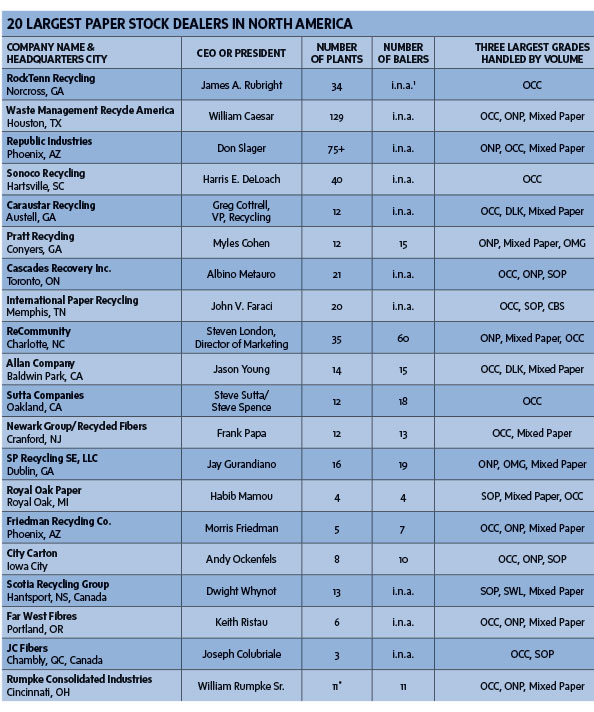
The author is senior editor of Recycling Today and can be contacted at dsandoval@gie.net. Editorial Director Brian Taylor and Managing Editor DeAnne Toto also conducted research for this list.
Weigh In
While every effort has been made to produce an accurate list of the largest paper stock dealers in North America, we may have overlooked companies that belong on this list. If you feel your company deserves a place on the list, please contact Dan Sandoval at dsandoval@gie.net.
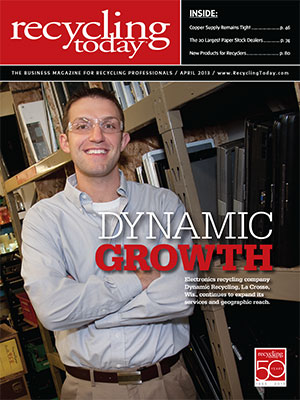
Explore the April 2013 Issue
Check out more from this issue and find you next story to read.
Latest from Recycling Today
- Greenmantra says polymer additives optimize customer’s HPDE pipe
- Pure Loop celebrates ISEC shredder-extruder at NPE
- New Alpla PET wine bottle cuts carbon emissions
- Ascend Elements, Call2Recycle to offer customized EV battery services
- Novelis quarterly, full-year net sales down; CEO reports ‘strong improvements’
- Meeting the decarbonization challenge
- Cyclic Materials expands leadership team
- Paper cup acceptance at US mills reaches new milestone
